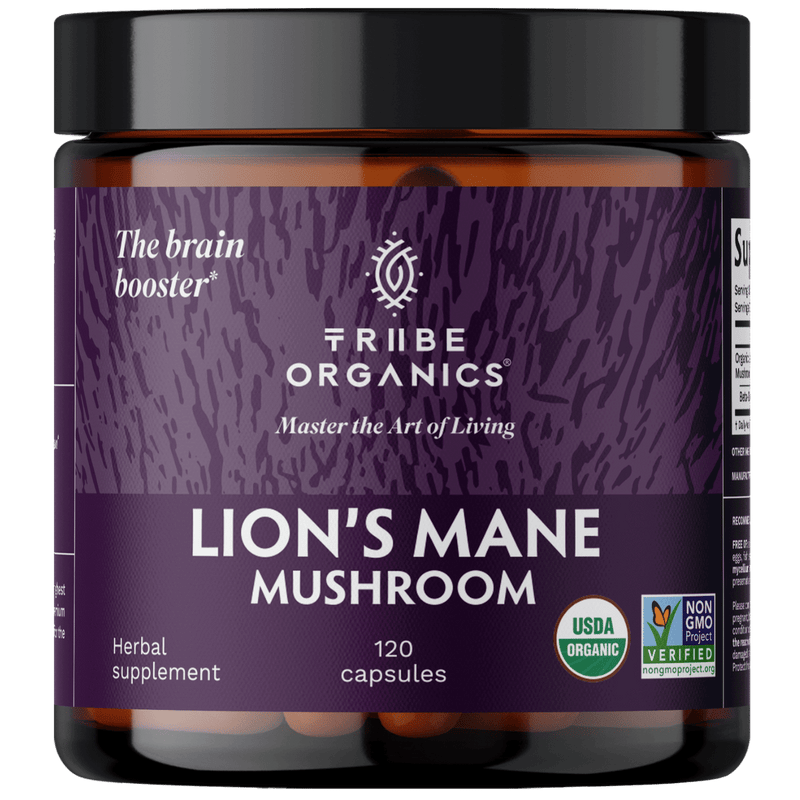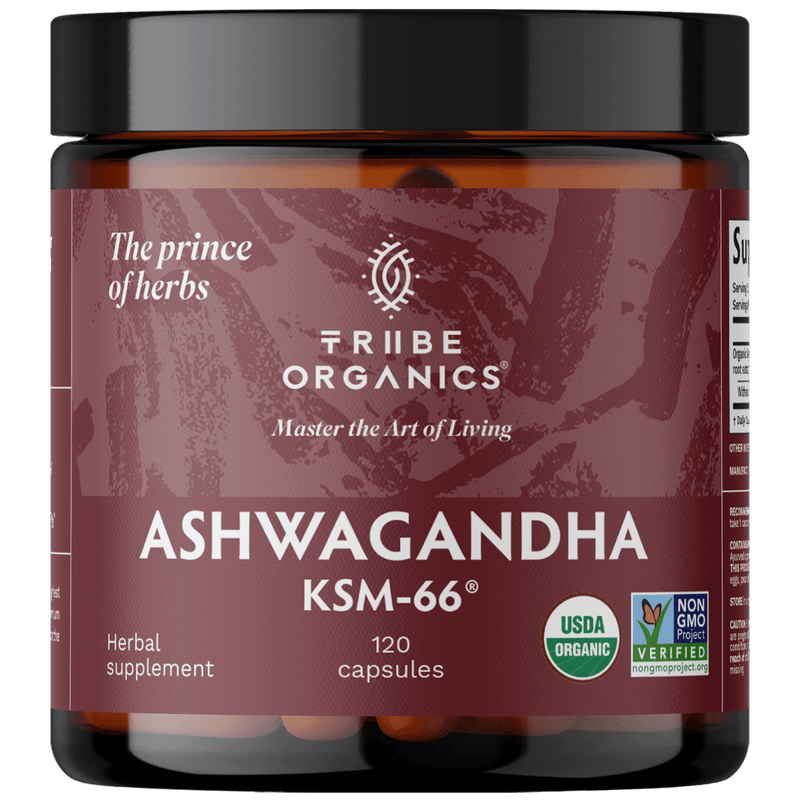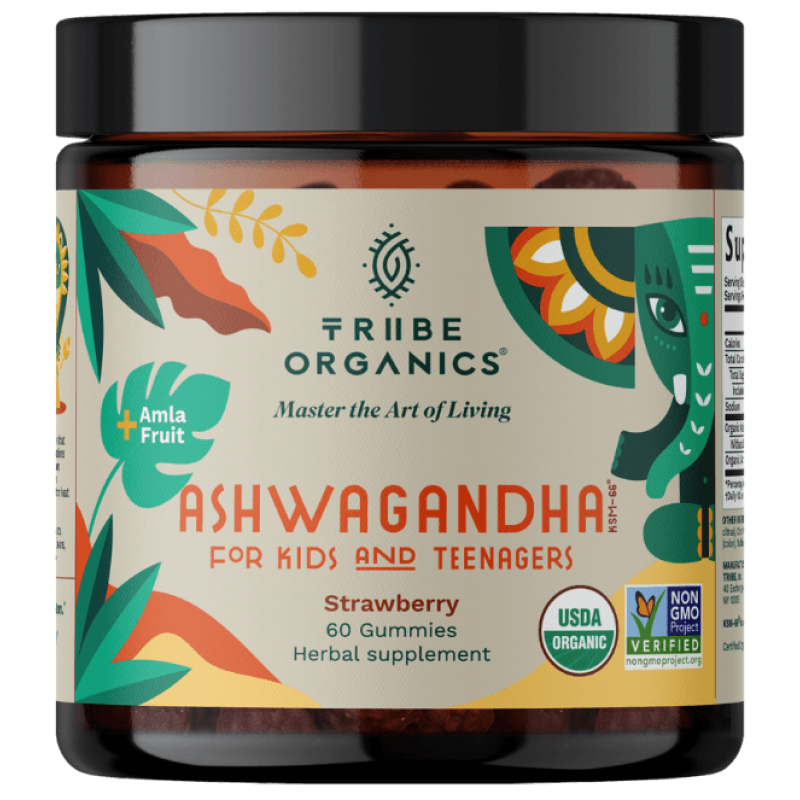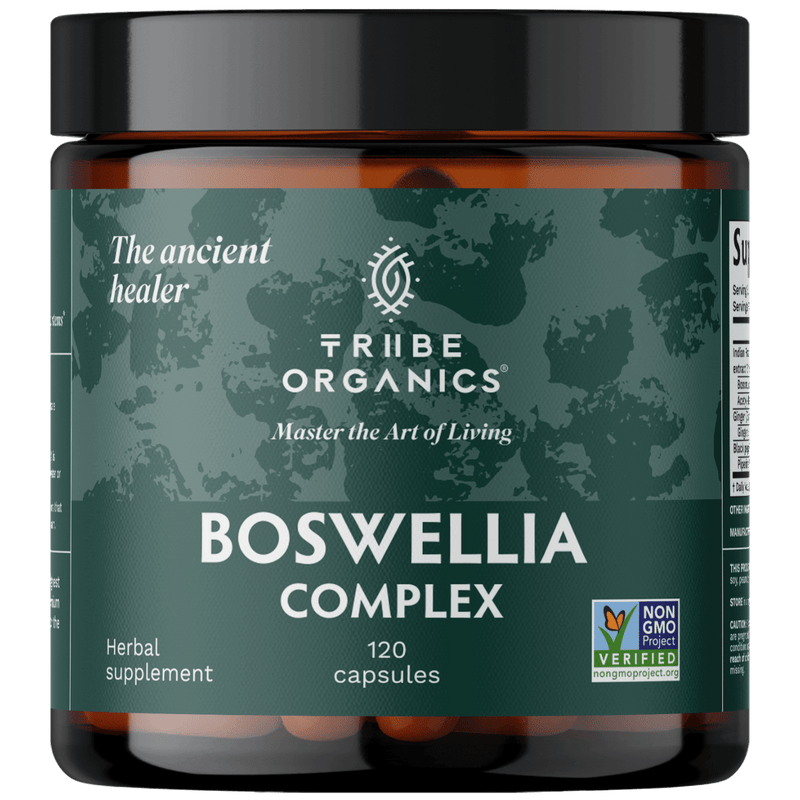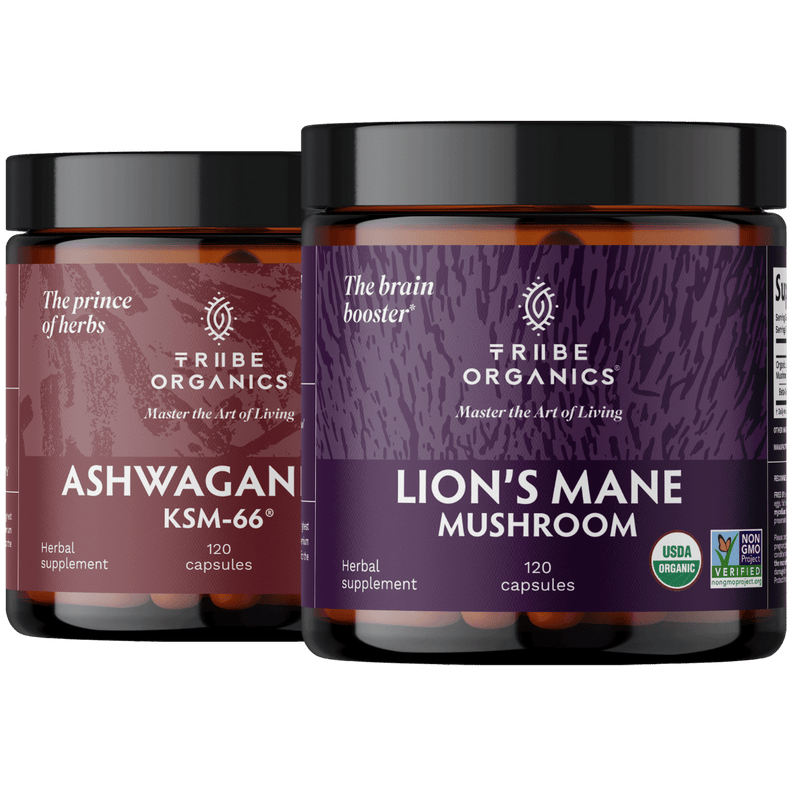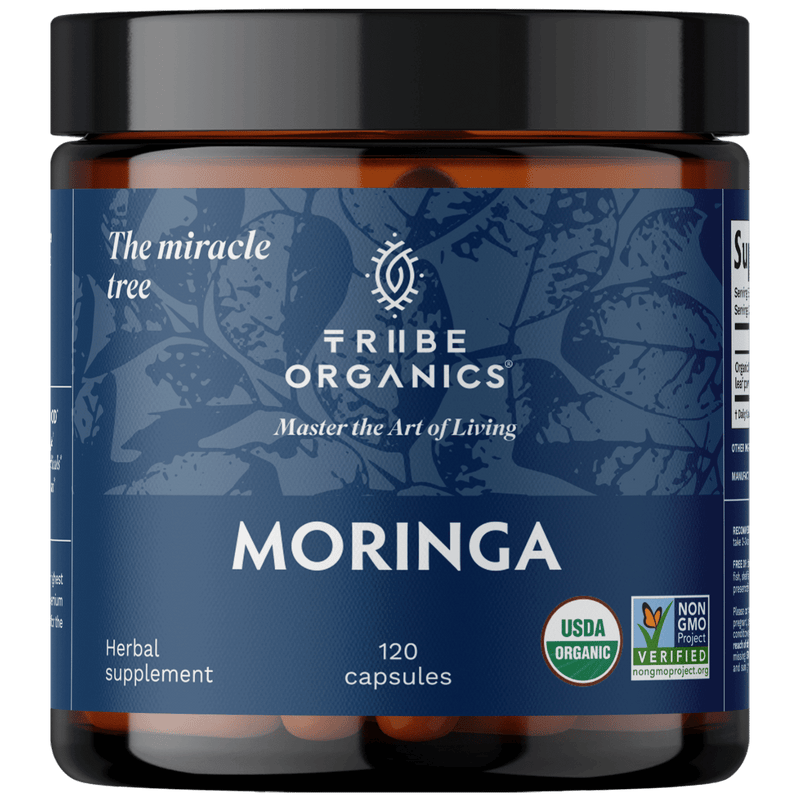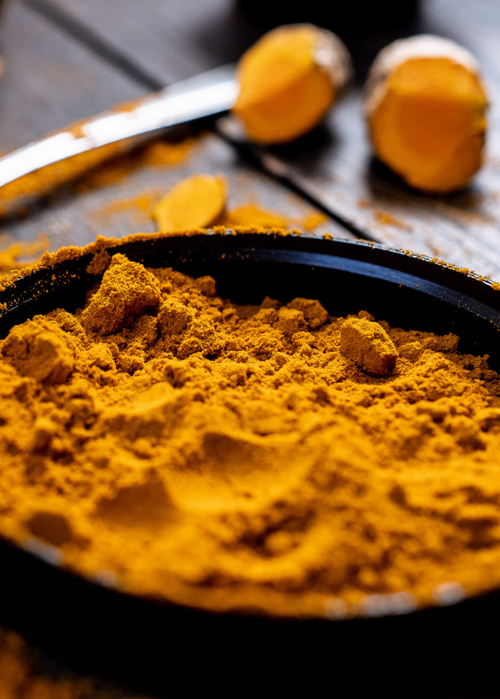
The Lion's Mane Mushroom supplement is a great way to achieve the cognitive enhancement that you desire.
It has been used for thousands of years in Asia and well before that when it was first discovered in medieval Europe. It has been known as one of the most potent mushrooms in the world.
It has been used as a key ingredient in many traditional Asian medicines, and the benefits are well documented in scientific research. The mushroom is usually consumed through teas, but it can also be taken in capsule form.
All About Lion's Mane Mushroom's Health Benefits
Improve Brain Function
Hericenones and erinacines, two chemicals found in lion's mane mushrooms, have been shown in laboratory studies to promote the proliferation of brain cells.
Lion's mane supplementation's effects on cognitive performance in middle-aged and elderly people with mild cognitive impairment (MCI) have been examined in prior studies. According to the Mayo Clinic, MCI is the transitional state between age-related cognitive loss and the more severe decline associated with dementia.
Those who took four 250-milligram (mg) tablets of lion's mane three times a day for 16 weeks had significantly improved cognitive performance compared to those who did not. Yet, after participants stopped taking the supplements, the benefits vanished as well.
Taking three 350-mg capsules of lion's mane daily for 49 weeks may led to considerable improvements in brain health in persons with moderate Alzheimer's disease, according to a study published in June 2020 in Frontiers in Aging Neuroscience.
Still, more study is required.
Support Digestive Health
Evidence suggests that the properties of lion's mane help the digestive system. Lion's mane may be useful for preventing ulcers because it inhibits the growth of Helicobacter pylori, a bacteria that can have harmful effects on the lining of the stomach.
In a 2019 study published in the International Journal of Medicinal Mushrooms, researchers treated mice infected with H. pylori with lion's mane extract. Lion's mane extract reduced H. pylori in the stomachs of mice, compared to mice that did not get the treatment.
The growth of H. pylori was slowed down in test tubes using lion's mane, according to a study published in the Journal of Ethnopharmacology.
Human studies are required to confirm the benefit shown by these data.
Lion's mane may also help prevent ulcerative colitis and Crohn's disease, two inflammatory bowel illnesses.
Relieve Depression and Anxiety
The anti-inflammatory effects of lion's mane can aid with mental health issues including depression and anxiety.
A study was published in 2019 in Evidence-Based Complementary and Alternative Medicine in which lion's mane was administered to overweight and obese patients suffering from mood issues for eight weeks. These patients not only reported a reduction in depressive and anxious symptoms, but also a marked improvement in the quality of their nightly slumber.
Increases in a protein called pro-brain-derived neurotrophic factor (proBDNF) were also found in the blood samples. proBDNF is thought to be crucial to maintaining healthy brain function and mental outlook.
Additionally, four cookies containing 0.5 grams of powdered lion's mane were given to women with nonspecific health problems and disorders once a day for four weeks in a previous study. By the study's end, ladies who were given lion's mane cookies reported fewer symptoms of irritation and anxiety than those who were given placebo cookies.
Though this study is promising, the small sample size (30 women) is a weakness of this research. Further extensive research is required to illustrate the potential benefits of lion's mane for anxiety and to compare it to established treatments for the disorder, such as meditation and talk therapy.
Enhance Immune System
Based on animal studies, lion's mane appears to have the potential to boost the immune system, providing protection against many pathogens.
When given to mice before they were injected with a lethal dose of salmonella bacteria, lion's mane supplements increased their lifetime by nearly four times compared to animals that did not get supplements.
The lion's mane mushroom was found to increase intestinal immune system activity in mice, according to research published in Food & Function in February 2017. When foreign particles enter the digestive tract through the nasal or oral cavities, they are met with resistance by the intestinal immune system.
Positive shifts in gut bacteria that stimulate the immune system may be responsible for these effects, as indicated by the authors of a study published in June 2017 in Frontiers in Immunology.
However, most studies have been conducted on animals; so further studies in humans are needed to prove whether or not lion's mane actually helps the immune system in humans as well.
Prevent Cancer
There are a number of unusual substances in lion's mane that may be effective against cancer.
Polysaccharide HEFP-2b, a component in lion's mane, was found to inhibit the growth of colon cancer cells in a petri dish study published in August 2020 in the International Journal of Biological Macromolecules.
Peptides in lion's mane have shown promise in treating lung cancer in vitro, according to a study published in Food and Function Journal in May 2020. Studies have shown that these peptides can fight against free radicals (carcinogenic chemicals) and hence cause the death of malignant lung cells.
Take Control of Diabetes
There is preliminary evidence that lion's mane can help diabetics manage their condition by reducing both high blood sugar levels and related symptoms like nerve pain.
Many chemicals in lion's mane were discovered to inhibit alpha-glucosidase activity in vitro, according to a study published in the Journal of Ethnopharmacology in November 2020. This suggests that lion's mane may have an effect on blood sugar levels similar to that of a class of antidiabetic drugs called alpha-glucosidase inhibitors (AGIs). StatPearls reported in July 2022 that AGIs reduce the amount of glucose absorbed from the digestive tract after a meal.
Furthermore, diabetic rats given 40 mg of lion's mane per kilogram of body weight for six weeks showed a considerable rise in pain threshold, according to a study published in Evidence-Based Complementary and Alternative Medicine. This provides supporting evidence for the hypothesis that lion's mane helps alleviate the discomfort associated with diabetic neuropathy, a form of nerve damage that is common in people with diabetes and which manifests primarily in the legs and feet.
Lion's mane, however, should be approached with caution by those with diabetes who are already taking medicine to reduce their blood sugar levels. It is thought that lion's mane may have an adverse interaction with diabetes medications, resulting in dangerously low blood sugar.
Final Thoughts
More and more people are turning to it as a health supplement, and it's easy to see why. The lion's mane mushroom is powerful when it comes to health benefits. They're still fairly rare in certain locales, but with the right information, you can find all the lion's mane that you'll ever need.
TRIBE Organics is the way to your better health. We have developed a Lion’s Mane Mushroom supplement that will help with everything listed above. It will improve your cognitive health, mood, focus, and mental clarity. This is incredible brain fuel! Check it out today and Contact us with any questions.
Frequently Asked Questions
Shop best sellers
Explore our collection of favorite items that have gained popularity for their quality and satisfaction.



